HOME > Football
Austria and Portugal meet in the finals, and a new king will be born in the World Junior Championships
3:17pm, 25 November 2025【Football】

Written by Han Bing On November 24, the U17 World Cup semi-finals ended. The Austrian U17 national team relied on top scorer Mose to score twice and defeated the Italian U17; the Portuguese U17 national team eliminated the four-time U17 World Cup champion Brazil U17 through a fierce battle - two teams that have never entered the finals of the event, will give birth to a new champion in the U17 World Cup. At the same time, this will also be the 11th winner of the youngest world championship since the U16 World Junior Championship, the predecessor of the U17 World Cup, was founded in China in 1985.
The U17 World Cup has always been dominated by African and South American football. In the previous 19 tournaments, Africa (7 times) and South America (4 times) won the championship, accounting for almost 60% of all championships. However, Europe has gradually emerged in recent years. Since the England U17 team won the championship in 2017, and this year's final meeting between Austria and Portugal, European teams have won three times in the last four U17 World Cups, completely breaking the dominance of Africa and South America. Moreover, this year is also the third time that European teams have met in the finals after 2017 (England vs. Spain) and 2023 (Germany vs. France).

Compared with the previous meeting of the four traditional strong European teams of England, West Germany, and France, the Austria U17 in this tournament can be called the biggest dark horse. Austria has never been a strong team in Europe. It has only entered the U17 World Cup in 1997 and 2013, and was eliminated in the group stage twice. This year's participation is also due to the expansion of the U17 World Cup. In the previous U17 European Junior Championship, it only ranked in the top 8 and got the right to participate. Unexpectedly, relying on tenacious defense and efficient offense, they won all 3 games in the group stage and only conceded 1 goal to qualify. After that, they defeated Tunisia, England, Japan and Italy in four consecutive knockout matches without shutting out any opponents. They also scored 9 goals on the offensive end and were perfect on both offense and defense.
The success of Austria U17 still relies on the youth training system headed by Salzburg Red Bull. As many as 9 of the 21 players are from the Red Bull Salzburg youth training echelon, and 6 of the 11 players in the main lineup are from Red Bull Salzburg: center back Pokorny, left back Hoffman, right back Fieldinger, offensive midfielder Werner, left winger Moser, forward Dobish, this does not include Jozebovich who replaced Dobish as the main forward in the knockout round against England U17 after Dobish suffered a serious cruciate ligament injury.

The biggest achievement of Red Bull Salzburg’s youth training in the Austrian U17 national team is left winger Moser, who has scored 8 goals and 2 assists in 7 games. Scored more than 40% of the team's goals (19 goals), and participated in more than 50% of the team's goals. In the 7 games, he only failed to score in the third game of the group stage against New Zealand U17 as a substitute, and scored in all the remaining 6 games.
Scored the only goal against Saudi Arabia and Japan, scored against Mali and Tunisia, scored twice against England in the knockout round, and even scored all three Austrian goals against Japan and Italy. In the final, he will compete with Portuguese forward Cabral, who scored 6 goals, for the Golden Boot. If Austria U17 upsets the championship, he is expected to win the Golden Ball.

Austria U17 still maintains the talent structure of local players + immigrant descendants. There are as many as 10 players of immigrant descent in the team. The main lineup consists of six central defenders Ndukwe (Nigeria), Pokorny (Czech Republic), midfielder Markovic (Serbia), right winger Desshuku (Kosovo), forwards Dobiš (Slovakia) and Jozebovic (Croatia). In addition, midfielders Alexic (Serbia) and Dobis are both only 16 years old.
Compared to Austria, which entered the World Cup finals for each age group for the first time in team history, although the Portuguese U17 national team also entered the U17 World Cup finals for the first time, it is a traditional European youth team. The previous three U17 World Cups have reached at least the top 8. In 1989, the team led by Figo also finished third. This team is based on the team that just won the 2025 U17 European Championship in June. Midfielder Quintas is also the winner of the Golden Ball Award in the tournament. You can imagine its strength. The main players of the Portugal U17 team basically come from the youth training of Benfica (9 players), followed by Porto (5 players).

Compared with Austria U17, Portugal U17 team has stronger attack power and scattered attack points. Center Anisio (6 goals, 1 assist), midfielder Meade, and left back Neto (4 goals, 2 assists) formed a strong offensive force covering the three lines. 10 players in the team scored goals, and 10 others provided assists. Although they suffered an upset loss to Japan 1-2 in the group stage and were even scored by the weakest New Caledonia, they scored 9 goals in the 4 knockout games and conceded only 1 goal in the 4 knockout games. Especially in the semi-finals, Brazil U17, the 4-time U17 World Cup champion, had a clean sheet and finally won in a penalty shootout.
The Portuguese U17 team also has some immigrant players. Among the substitute goalkeeper Tverdokhlepov (Russia), main midfielder Meade (Brazil), right back Banjaqui, and center Anisio (Guinea-Bissau), the latter three are the core players of the team all the way to the finals. The final on November 27 will be a showdown between European youth football dark horses and traditional powerhouses.

Related Posts
- Guardiola: We have regained the energy we lost last season and the team is heading in the normal direction
- Newcastle specializes in the Champions League and has won three consecutive victories, and the 6 Premier League teams have 5 wins and 1 draw.
- Go all out to avoid relegation! The 33-year-old Neymar returned after a month and a half, and Santos drew 2 points above the relegation zone.
- Youth Training Club Director: Matteta was recommended to Saint-Etienne, but is considered to be incomplete in technology
- Manchester United only scored 1 point in two games, but they are still relegation team! B Fee: The referee should apologize, which will affect my penalty kick!
- Uric: Scarmaca is in better physical condition than expected Ederson s knee problem has not fully recovered
- Ferdinand: Yoro has great potential, otherwise teams like Real Madrid won t try to sign him
- Liverpool will form the strongest trident! After signing Ekitic, it is expected to defeat Isaac for 150 million pounds
- Manchester United s 5 players compete for the top 100 teams in history, Mbemo is competent in 3 positions and can also play a guest center
- ESPN: Wilz joins this Friday, and the Reds hope he will bring change like Van Dijk Allison
Hot Posts
- Guardiola: We have regained the energy we lost last season and the team is heading in the normal direction
- Newcastle specializes in the Champions League and has won three consecutive victories, and the 6 Premier League teams have 5 wins and 1 draw.
- Go all out to avoid relegation! The 33-year-old Neymar returned after a month and a half, and Santos drew 2 points above the relegation zone.
- Youth Training Club Director: Matteta was recommended to Saint-Etienne, but is considered to be incomplete in technology
Recommend

To be honest, if you were the head coach, how would you crack Arsenal s corner kick tactics?
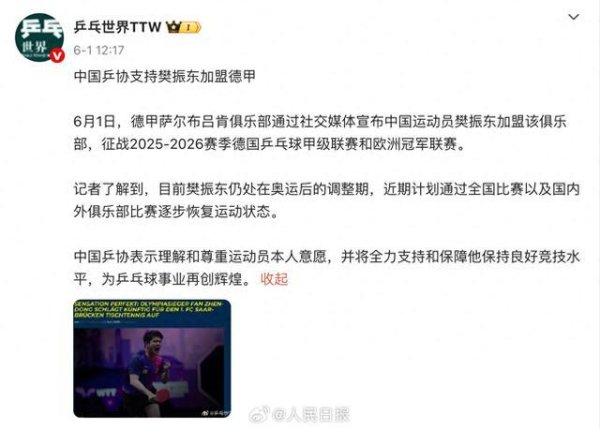
Many parties wish Fan Zhendong to join the Bundesliga club

Saudi media: Koeman wins in Riyadh with an annual salary of 12.5 million euros and a transfer fee of 24 million euros
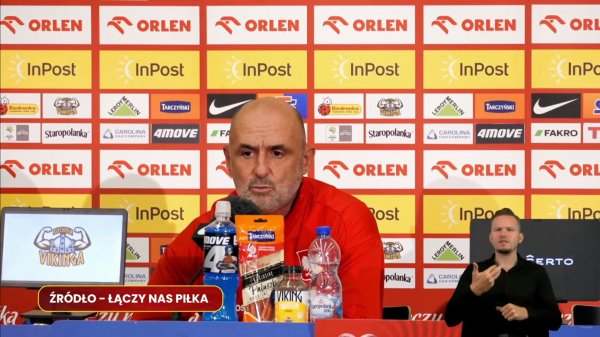
Polish coach: Lewandowski said he wanted to give up the captain, I said he decided not to do it, it was normal to inform him by phone
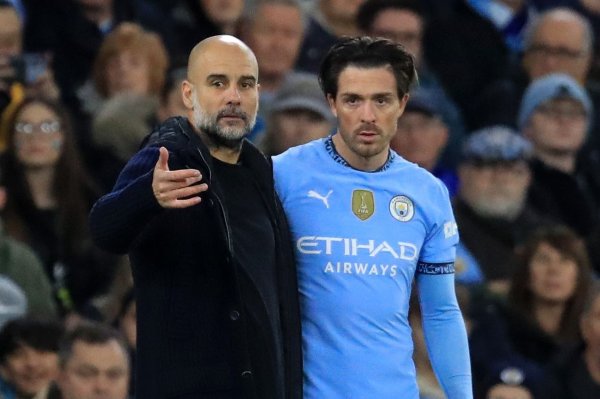
Manchester City s former player: Gallish is still the top & you can find opportunities outside the loan; Guardiola s ambition remains undiminished
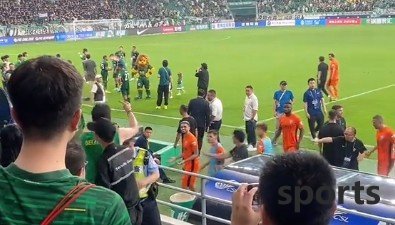
What s going on? Yukun s foreign aid Enrique had a verbal conflict with Guoan fans after the game
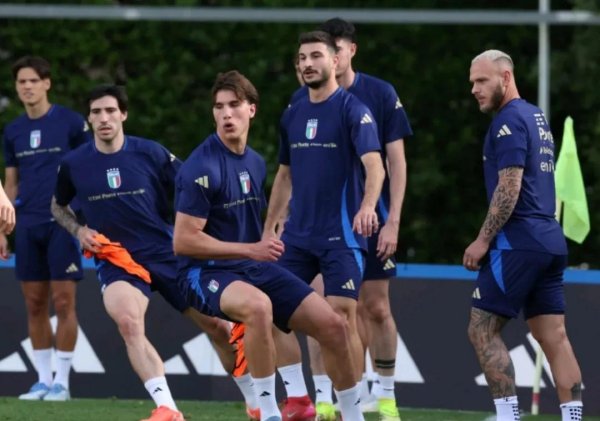
European qualifiers are crazy overnight: Norway beat Italy 3-0, Croatia beats the food 7 goals! Traditional powerful people are in danger

Elche has never defeated Barcelona away from home in its history, and has not scored points away from home in La Liga for 50 years.